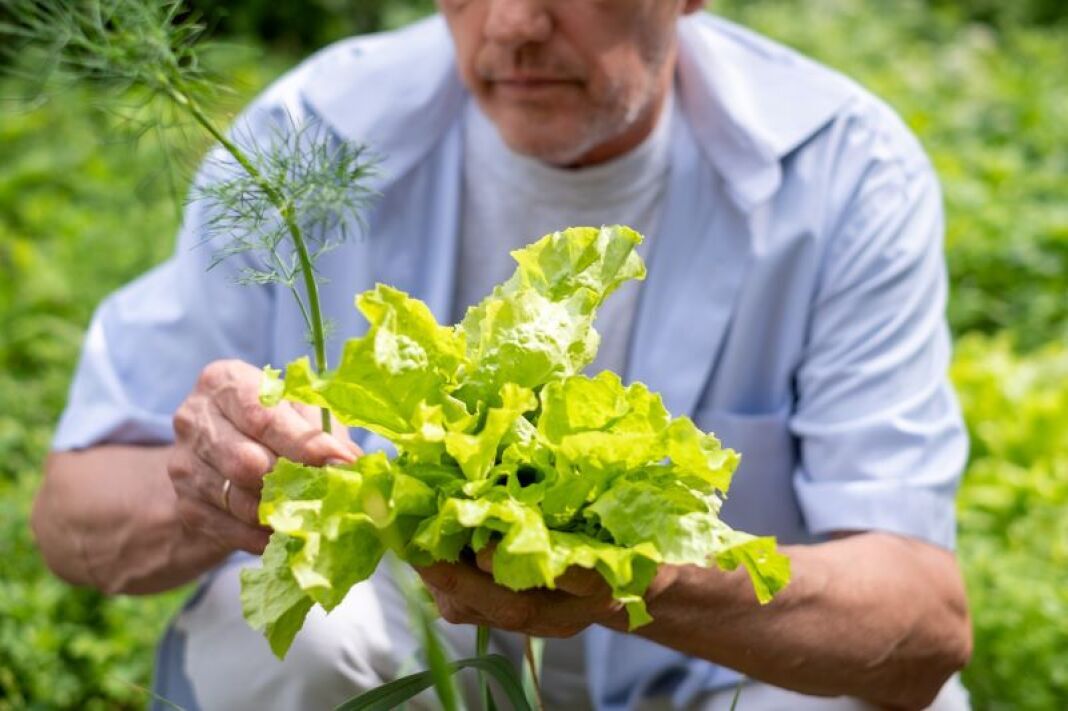
Sustainable Living in Retirement: Tips for Reducing Your Carbon Footprint
Retirement Mount Maunganui
It’s no great secret that everyone is getting more interested in environmental stewardship—the idea of looking after the environment. This is especially a growing trend in both the youth and the senior populations, who are looking to make positive contributions to the environment.
If you are interested in reducing your own carbon footprint, here are some handy tips and tricks for reducing your impact in retirement living.
Practical Tips:
Reducing Energy Usage
Reducing energy usage is one of the easiest ways to start reducing your footprint without making much of a change to your daily life. This can look like simply getting in the habit of turning off lights when you exit a room and unpluging your electronic devices when they are not in use.
Another simple way is to select LED lightbulbs next time any of your lightbulbs need replacement. LED lights use much less energy than traditional incandescent light bulbs (which waste 90 percent of their energy as heat. Although LED lightbulbs may cost more, however they use a quarter of the energy and last up to 25 times longer. So there is substantial savings.
Recycling
Most people in Aotearoa already recycle, but it is important to understand what can actually be recycled. Many retirement villages and local communities offer extended options for recycling beside the council kerbside collection, from household battery collection, to e-waste or even organising clothes swap events or donations to the local charity, or perhaps the craft room might want a bucket of scrap fabrics for craft projects. These can be used as stuffing for pillows and projects like teddy bears. You might also be able to reuse or recycle other things around your home, which can help to increase sustainability in small ways. Many of the local supermarkets accept soft plastic and several of the building and hardware stores, take your used lightbulbs etc.
Transportation
Many retirement homes offer shuttles for residents for weekly shopping trips or village outings, which is a great option for more green and sustainable transport. Try getting a group to carpool together if a shuttle isn’t going at the right time, or see if there is a bus nearby that you could catch for other options. More and more villages also have EV charging stations or carpool cars.
Food Choices
Sustainable food choices can be hard to navigate and understand. Often, food has hidden carbon costs that we don’t really see or think about. For the garden lovers, it is easy to grow your own food either in your garden or in a community garden. Always try to choose locally grown seasonal food [means that the food does not have to travel long distances to get to you]. Another important choice you can do is to reduce your food waste by planning meals ahead of time. You can also freeze the excess for later consumption and reusing leftovers [e.g. keeping vegetable scraps or bones to make stock].
Another option that can help out with the sustainability of food is creating a compost, or even a worm farm. These help to reduce food scraps going to waste and create by-products that are useful for the garden to help grow your own organic food. There are many great bin options available to choose from.
Pacific Lake’s Initiatives
Generus Living strives to make a difference in providing upscale sustainable living environments. Pacific Lakes Village has a strong sustainable approach to design. Aligned with sustainable building design the building materials have been carefully considered and where possible environmentally preferable solutions have been selected.
Pacific Lakes Village has its very own ecosystem, comprised of a series of waterways fed from rainwater and natural aquifers creating biodiverse ecosystems that support natural birdlife and plants.
The Lake House community facility design has been focused on optimising solar gain and passive ventilation supported with the use of extensive glazing. The Lake House energy needs are supplemented by 34 solar panels and the roof is also designed to collect rainwater.
LED lights are used throughout the village, including streetlights. E-charging stations for vehicles are available for resident and visitor use.
Pacific Lakes Village is also part of the Tauranga Council Resource Wise Business Programme - a programme supporting local businesses to reduce the amount of waste they send to landfills.
Pacific Lakes has achieved remarkable Green status with over 98% of operational waste being diverted from landfills. The results of the first external waste audit further demonstrate their commitment to sustainability and working toward minimising waste to landfills.
The goal of Pacific Lakes waste minimisation programming is to design and introduce good waste practices that can be used across the retirement village sector.
In addition, there are many great initiatives throughout the year.
Benefits of Sustainable Living
There are many benefits to sustainable living, but some of the most applicable are that it encourages seniors to get out and about in the garden and connect with nature. This helps to encourage health and well-being for both physical and mental wellness.
Community Involvement
Pacific Lakes is very committed to sustainability, and there are a host of options for getting involved with the community-led sustainability efforts and events. Becoming involved in these events can help to foster a sense of belonging and inclusion in the community as well as maintaining a collective sense of pride and achievement in your home. We can all make a difference!
Conclusion
Making the effort towards a more sustainable future has a myriad of benefits, including saving money from reducing costs, reconnecting with nature and friends, and leaving the planet a little bit better off than how you found it.
Pacific Lakes leads the charge in sustainable retirement living, offering numerous opportunities for residents to contribute to a betterr future.
Contact our team for more information.
Share this article via:
